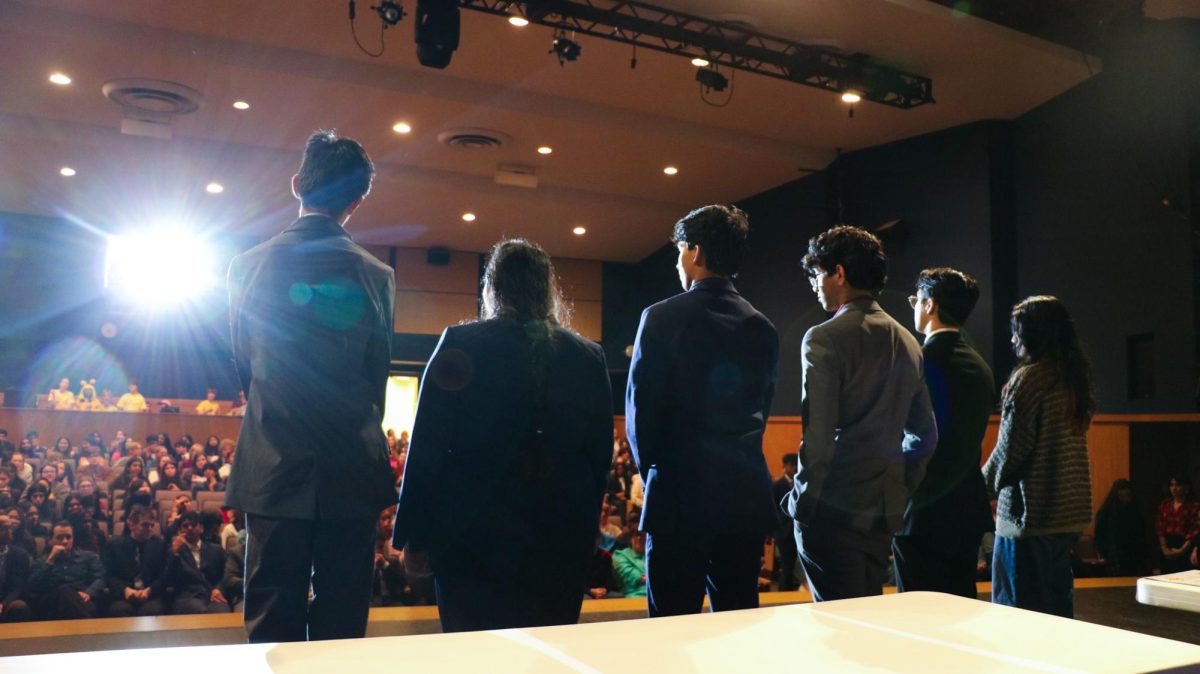Vegetarianism has become the newest fad. Walk into any high school and ask a bunch of students whether or not they are vegetarians. You’ll get an array of answers, many of which will be “Oh I used to be one. I tried it for a few weeks, but I couldn’t stick with it.â€
The truth is that lots of people who proclaim themselves to be vegetarian don’t even know why they have chosen to stay away from meat. There are a plethora of myths and misconceptions about the dangers of eating meat.
We’re humans; we were meant to eat meat. It is part of the natural flow of energy in an ecosystem. How can something so natural be so harmful at the same time?
Many animal rights activists argue that eating meat is cruel and unethical. I am not advocating for the inhumane treatment of animals. This is a legitimate concern. However, in terms of the actual slaughter of organisms, there is no real difference between vegetarians and those who eat meat.
Plants are just as alive as animals. In any functioning ecosystem, organisms must die.
It is part of the cycle of life.
Just as vegetarians kill plants for sustenance, omnivores use other animals for energy.
Now, the biggest source of motivation for why our generation started to turn to vegetarianism seems to be the alleged health benefits. What people do not realize is that vegetarianism has just as many if not more health risks than eating meat.
It is much easier to be a healthy meat-eater than it is to be a healthy vegetarian.
Vegetarians must closely monitor their diet in order to make sure that they are getting enough vital nutrients and vitamins. However, the unfortunate truth is that most vegetarians do not do this.
Dr. Kristin Kirkpatrick told the Huffington post that “B12 deficiency is fairly prevalent among the vegetarian population. A long-term deficiency can ultimately cause irreversible nerve damage.â€
Furthermore, according to the National Institutes of Health, meats contain a type of iron called heme that is absorbed more easily into the body than the non-heme iron that is present in plants.
One of the biggest misconceptions about vegetarianism is that being a vegetarian will help people to lose weight. This is simply false. There is a stronger correlation between vegetarians and weight loss, however this does not prove causation.
The truth of the matter is that vegetarians are usually more health-conscious people who exercise daily and thus have a lower mortality rate than others.
At the same time, there are vegetarians who are obese or who struggle with heart problems. They too have access to junk such as chips and cookies, the foods that are undeniably the most deleterious of all. In fact, the supposedly unhealthy animal fats are considered to be vital in a healthy diet when consumed in moderation.





